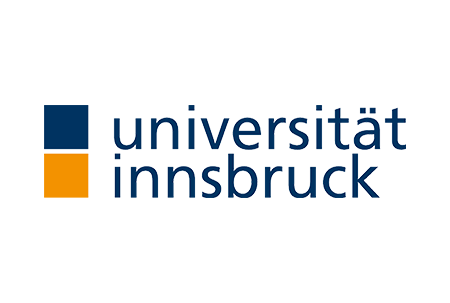
University of Innsbruck
Green Education Ranking
#278
About University of Innsbruck
The University of Innsbruck (German: Leopold-Franzens-Universität Innsbruck; Latin: Universitas Leopoldino Franciscea) is a public research university in Innsbruck, the capital of the Austrian federal state of Tyrol, founded on October 15, 1669. It is the largest education facility in the Austrian Bundesland of Tirol, and the third largest in Austria behind the University of Vienna and the University of Graz. Significant contributions have been made in many branches, most of all in the physics department. Further, regarding the number of Web of Science-listed publications, it occupies the third rank worldwide in the area of mountain research.
About World Green University Ranking
World
Green University Ranking 2024 is a
scholarly acknowledgment of educational
institutions standing at the forefront of
Education for Sustainable Development (ESD) and
leading the Green Education Transformation
(Education 6.0).
World Green University Ranking classifies
universities based on the six pillars of the
Holistic Green Education Framework, including
leadership governance, curriculum, innovation,
facilities, human capital, and community
partnerships.
The methodology employed in our Green Education Ranking is designed relying on the six pillars of the Holistic Green Education Framework. Each pillar contributes to the institution’s overall score, with a carefully assigned weight reflecting its significance in fostering sustainability. The total weight of the six pillars collectively amounts to 100%, signifying a balanced evaluation across critical dimensions of Green Education. Within each pillar, various standards are carefully assessed, with weights ranging between 1 and 2, emphasizing the varying importance of each criterion. This nuanced approach ensures a holistic evaluation and offers an insightful measure of universities commitment to Green Education Transformation (Education 6.0).
| # | Six Pillars of Green Education Framework (6Gs). | Weight |
|---|---|---|
| 1 | Green Educational Leadership | 14% |
| 2 | Green Curriculum | 17% |
| 3 | Green Innovation and Research | 19% |
| 4 | Green Facilities | 15% |
| 5 | Green Human Capital | 19% |
| 6 | Green Communities | 16% |
| Total | 100% |

